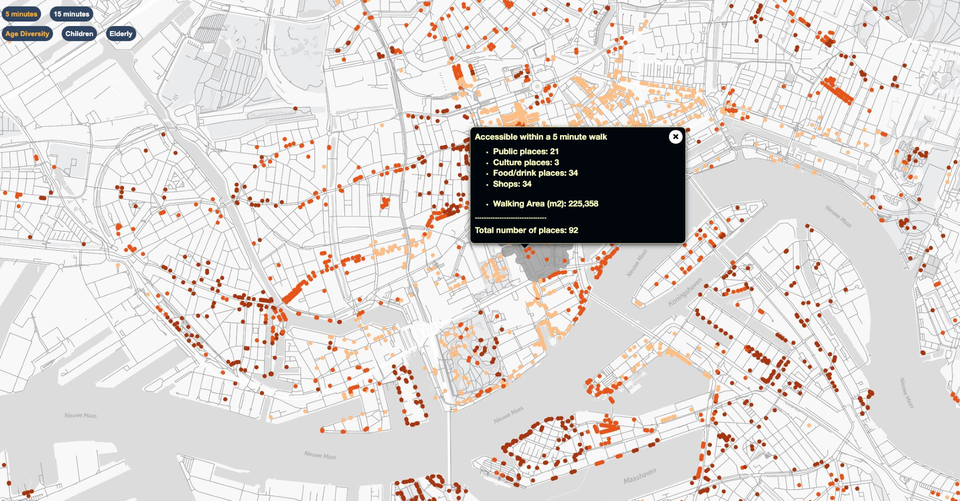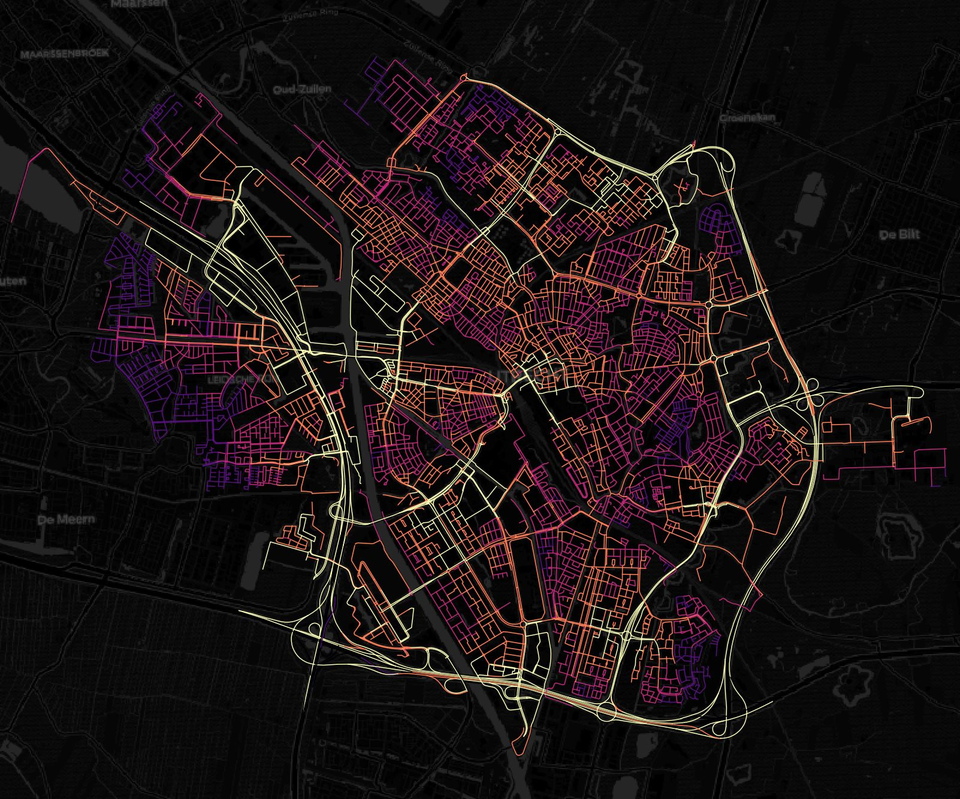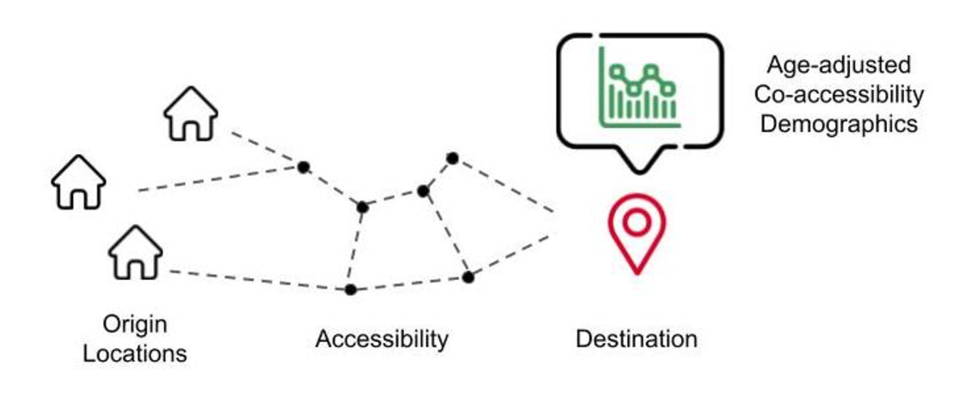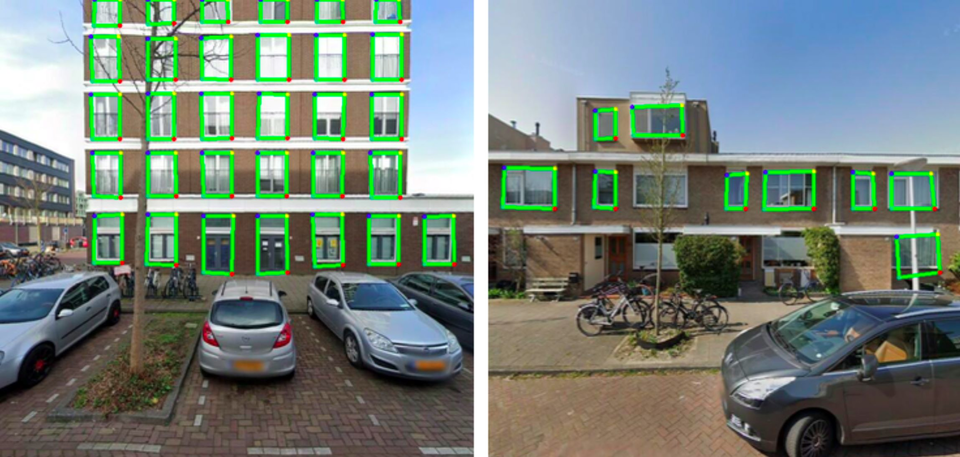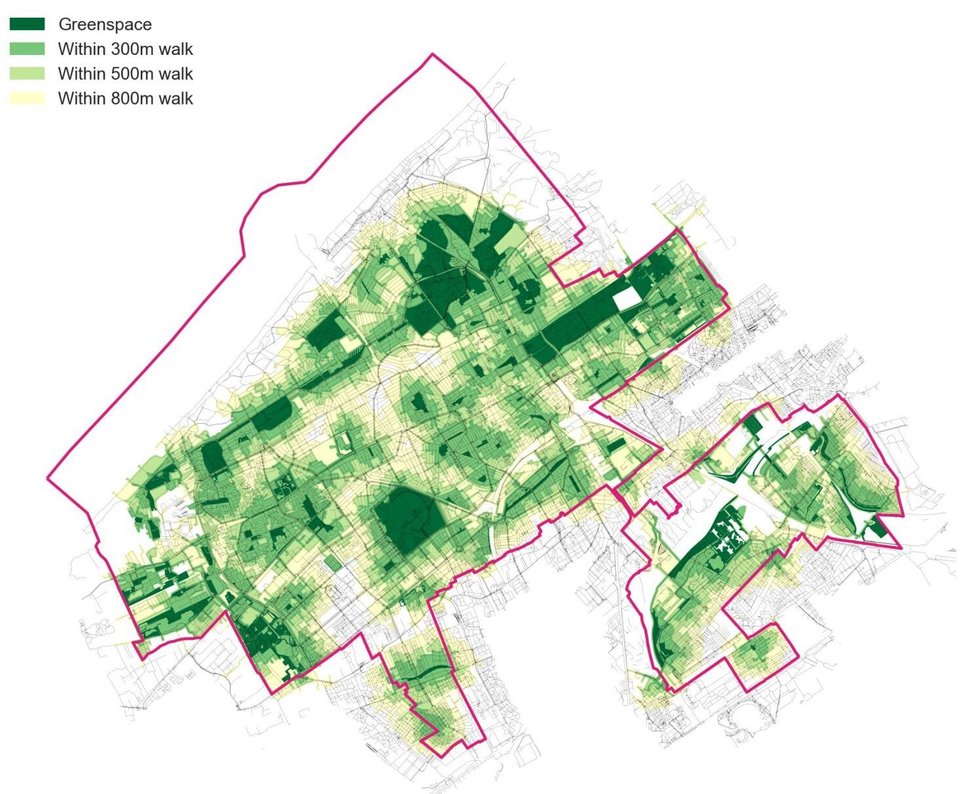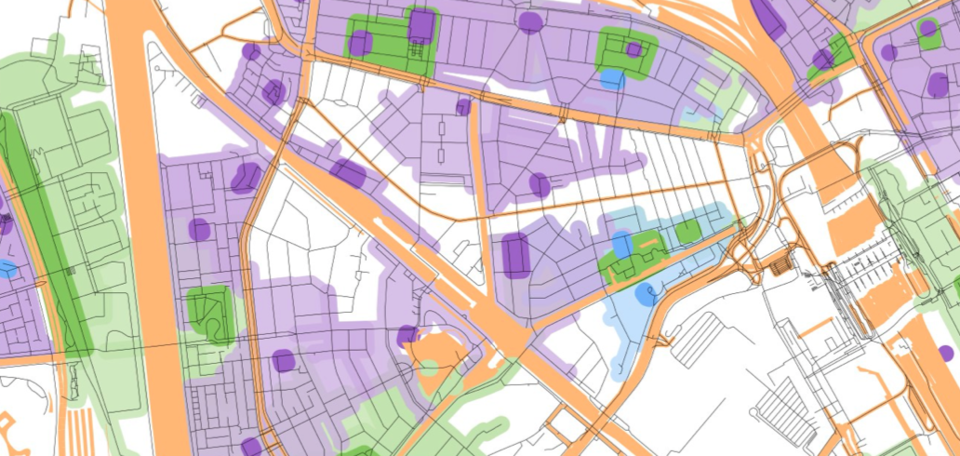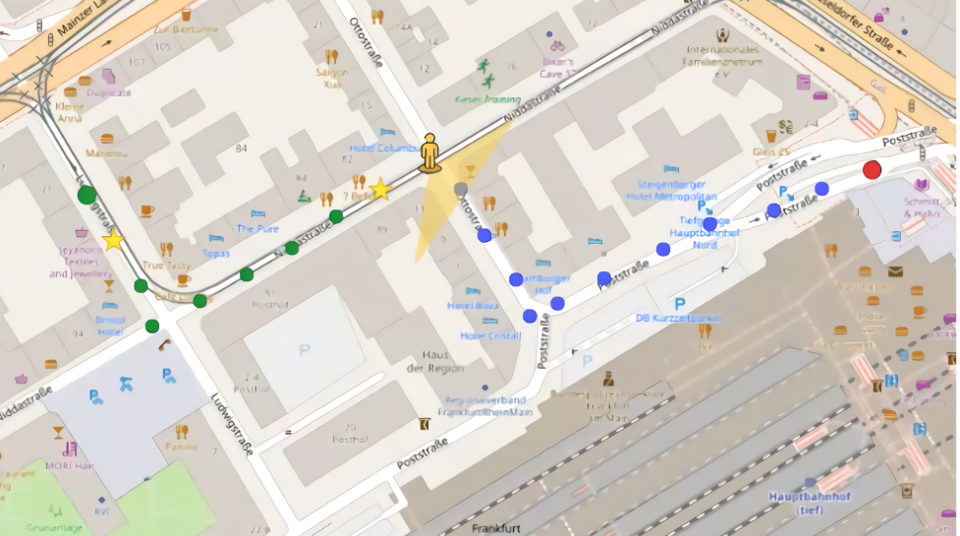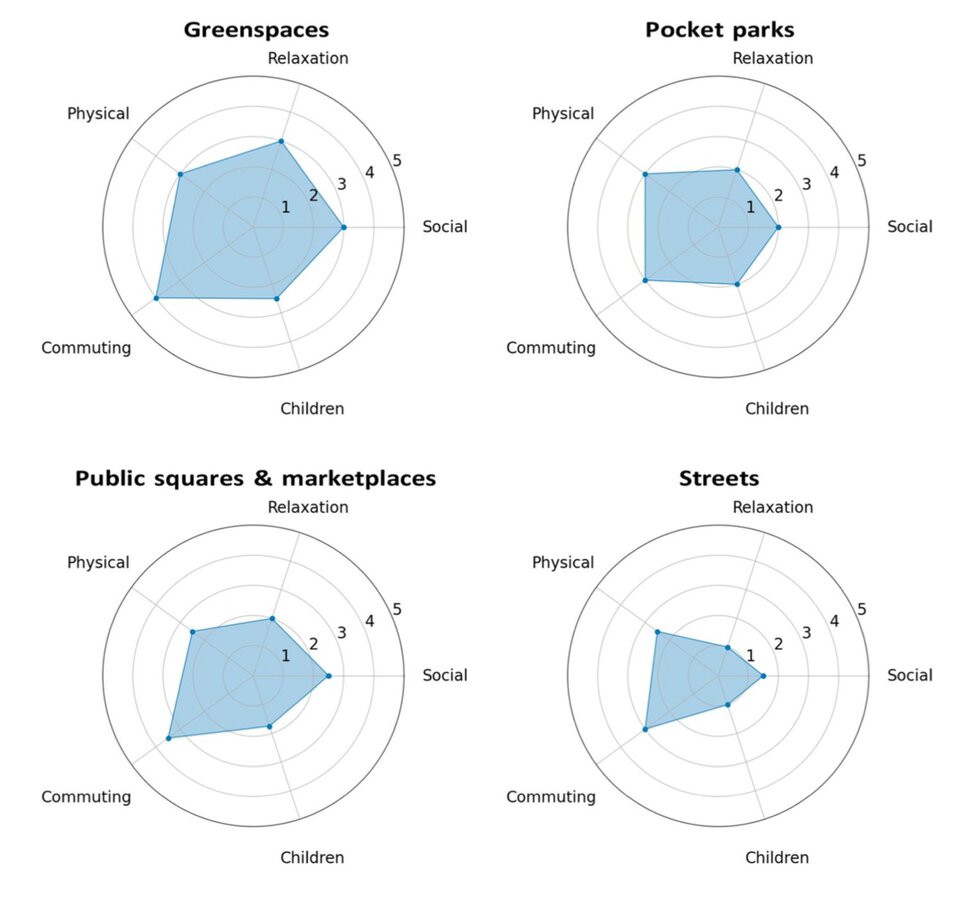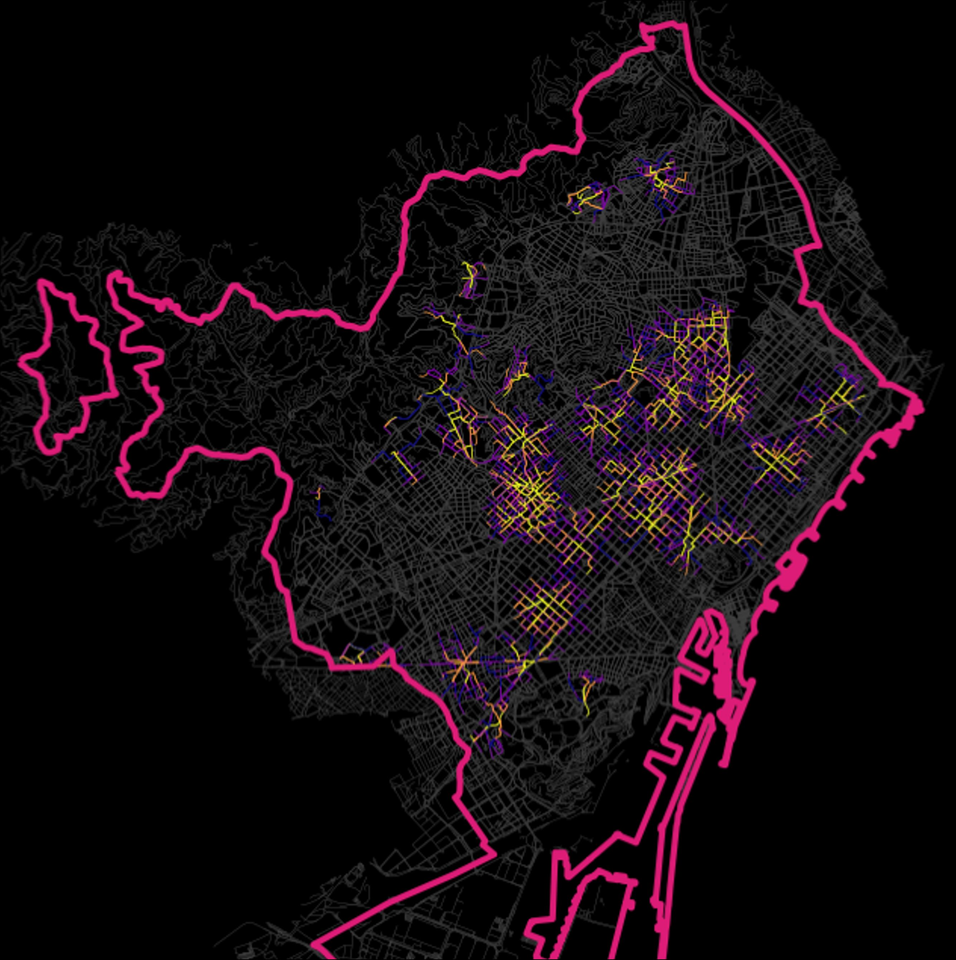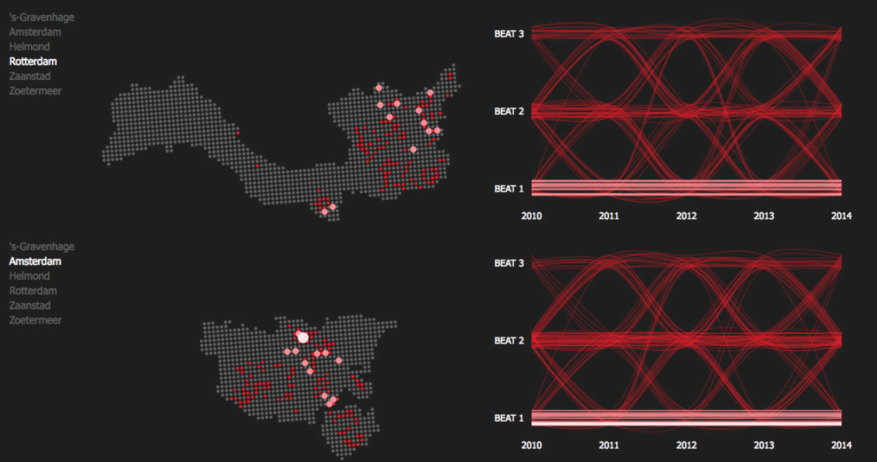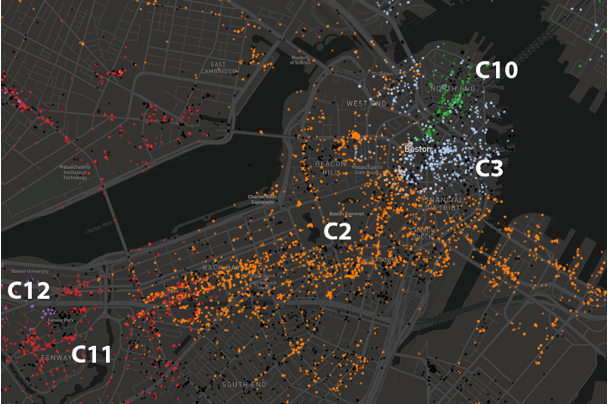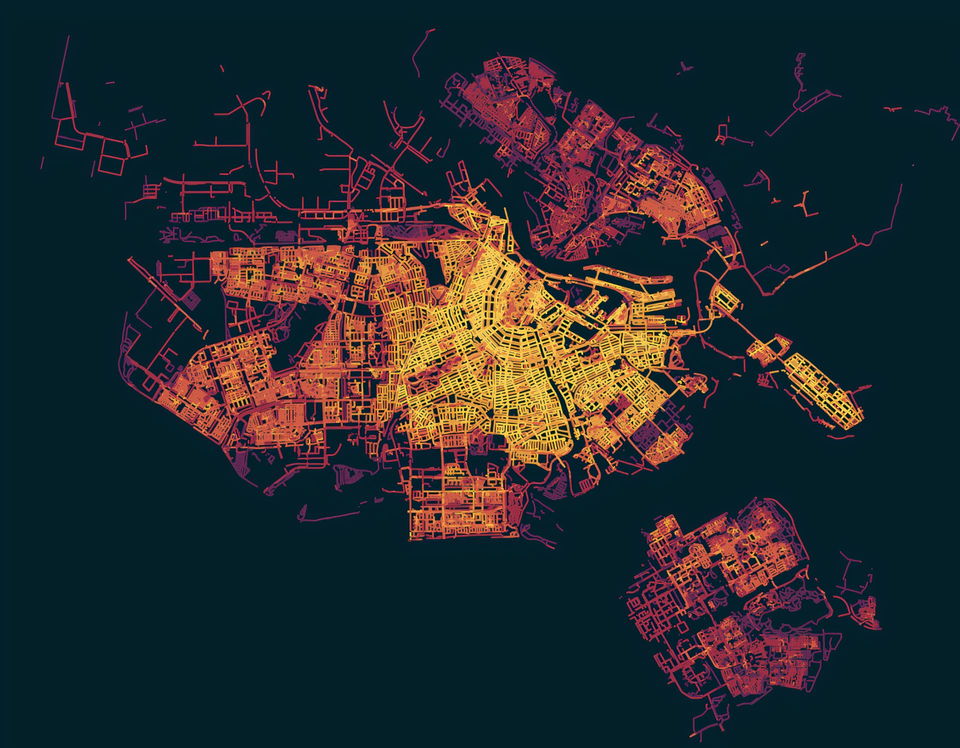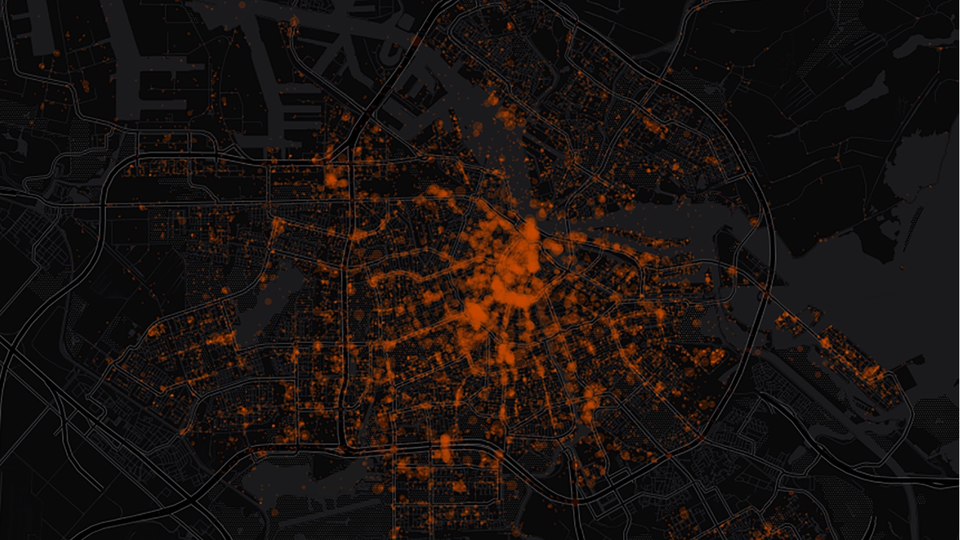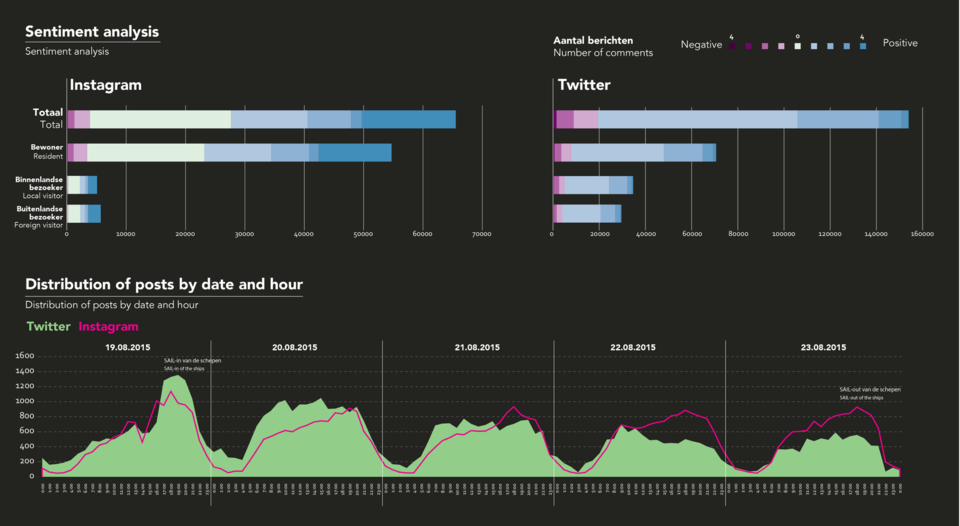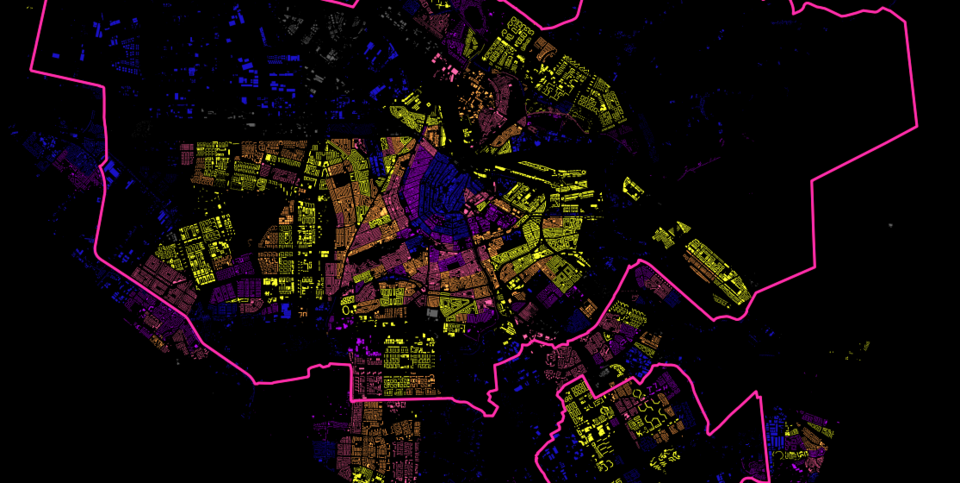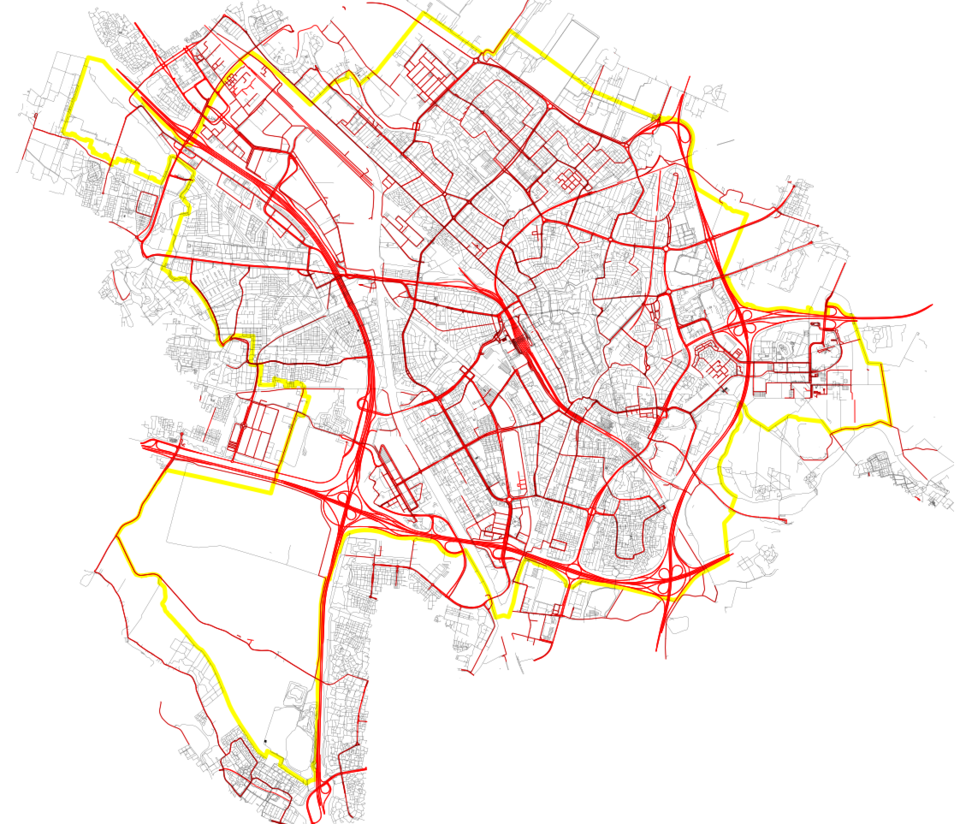Urban Analytics
At the Urban Analytics Lab, we are dedicated to exploring the intricate relationship between urban form, human mobility, and the quality of life experienced by different populations. We pioneer innovative methodologies for measuring accessibility and understanding mobility outcomes, by leveraging advancements in spatial data science, graph theory, network analysis, and urban design. We employ these methodologies to investigate how various urban forms, mobility scenarios, and human activity patterns influence people’s access to essential services, employment opportunities, and amenities.
The Urban Analytics Lab's primary research focus is improving and maintaining accessibility for all. The design of neighborhoods, the distribution of human activities over space and time, and the mobility dynamics impact individuals and communities differently, not just in terms of who can access what. They also have far-reaching implications for environmental exposures, public health, energy consumption, how people perceive and experience the urban environment, and whether it promotes or hinders encounters and interactions. By shedding light on the complex dynamics between urban form and people’s flows, we strive to inform more sustainable, equitable, and livable cities for all.
Through collaborative partnerships with academic institutions worldwide, local governments, and community organizations, we translate research findings into actionable insights and evidence-based recommendations for policy-makers, designers, and urban practitioners. We teach several courses at the graduate and undergraduate levels to equip future generations with the tools and skills to accelerate urban transitions. Our research is funded by national (NWO, KNAW, Medical Delta) and international organizations (Horizon 2020, SSHRC Canada, FAPESP Brazil) and has benefited from collaborations with academic institutions across Europe, the United States, Canada, and Brazil.
Key research areas
measurements of accessibility and mobility across different populations · pedestrian accessibility analysis · walkability, active travel modes · perceived urban qualities · land-use and transport interactions · socio-demographic influences on mobility and accessibility · greenspace accessibility · interrelations of urban form with environmental exposures · X-minute cities and neighborhoods · applications of spatial data science in accessibility and mobility planning.
Urban Analytics News:
- [June 12, 2024] | Achilleas Psyllidis was elected as a full member of the CUPUM Board, which oversees the world's leading international conference on computational urban planning and management.
- [June 11, 2024] | New article in Computational Urban Science, "Crowdsourcing the influence of physical features on the likely use of public open spaces." Read it here.
- [June 7, 2024] | The paper "Developing a city-specific walkability index through a participatory approach", co-authored by Urban Analytics Lab researcher Vasileios Milias, wins the Best Full Paper Award at AGILE 2024. Read the paper here.
- [April 11, 2024] | CTwalk Map received the Best Demo Award at ICT.OPEN 2024.
- [March 29, 2024] | Achilleas Psyllidis was a keynote speaker at the closing event of the "Walkable Athens" project. He delved into how perceived distance to destinations by different population groups, influenced by diverse route characteristics, impacts pedestrian trip generation and walkability indicators.
- [February 5, 2024] | New article in Landscape and Urban Planning, "How well do NDVI and OpenStreetMap data capture people's visual perceptions of urban greenspace." Read it here.
- Read more news here.
Publications
See our publications here.
Software Tools & Datasets
Projects
Education
People

Alessandro Bozzon
- +31 (0)15 27 87822
- a.bozzon@tudelft.nl
- Personal website
-
Room B-3-370
Working days: M T W T F
"Twenty years from now you will be more disappointed by the things you didn't do than by the ones you did do."

